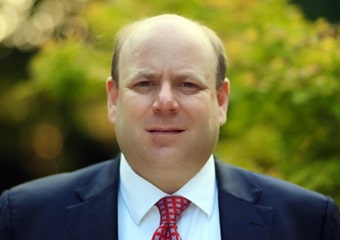On March 5, 2014, the South Carolina Court of Appeals decided State v. Brannon, reminding the bench and bar about the rights that must be protected before the court may revoke probation. “Troubled by the absence of any finding whatsoever in the appealed order,” the Court remanded the case for “the circuit court to determine […]



